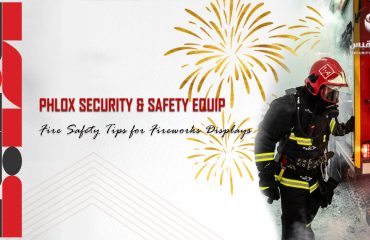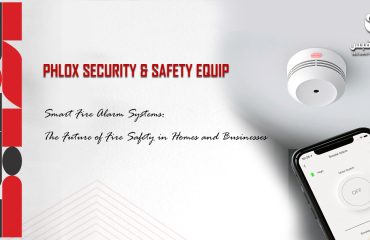
Best Practices to Prevent Fires in Residential Buildings
Fire safety in residential buildings is a critical concern for homeowners, renters, and property managers. House fires can spread rapidly, causing severe damage, injury, or even death. The good news? Most residential fires are preventable. By following best practices and essential fire prevention tips, you can significantly reduce the risk of fire in your home or apartment.
1. Install and Maintain Smoke Detectors
Installing smoke detectors is one of the simplest and most effective ways to prevent fire-related injuries. Place them in every bedroom, hallway, and on each level of your home. Test your smoke alarms monthly and replace batteries every six months. Replace old units every 10 years.
2. Avoid Overloading Electrical Outlets
Electrical fires are a leading cause of residential building fires. Don’t overload power strips or outlets, and avoid using damaged cords. Hire a licensed electrician to inspect your home’s wiring if you experience flickering lights or frequent breaker trips.
3. Practice Safe Cooking Habits
The kitchen is the most common place for fires to start. Never leave the stove unattended while cooking. Keep flammable items like towels, paper, and oils away from heat sources. Always turn off appliances after use.
4. Store Flammable Materials Safely
Store chemicals, cleaning agents, and fuels in approved containers, away from heat and flames. Don’t keep flammable materials inside living spaces—use garages or outdoor storage if possible.
5. Use Heating Equipment Safely
Place space heaters at least three feet away from anything flammable. Have your furnace and fireplace inspected and cleaned annually. Always turn off heating equipment when leaving the room or going to bed.
6. Create and Practice a Fire Escape Plan
Have an emergency fire escape plan for your family or household. Make sure everyone knows two ways out of every room and where to meet outside. Practice the plan regularly.
Final Thoughts
Preventing fires in residential buildings starts with awareness and daily safety habits. By following these best practices, you can protect your home, belongings, and loved ones from fire hazards.
Stay safe—implement these fire safety tips today.


